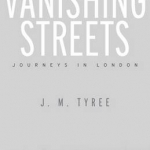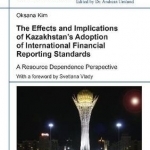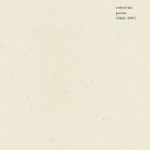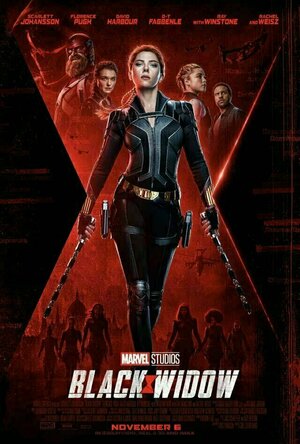
Neilson Plays
Book
In the 1990s playwright Anthony Neilson garnered a reputation for hard-hitting, morally disturbing...

St Paul's Cathedral: Archaeology and History
Book
This is the first volume concerned solely with the archaeology of a major late 17th century building...

The Fate of the West: The Battle to Save the World's Most Successful Political Idea
Book
When faced with global instability and economic uncertainty, it is tempting for states to react by...

Sex and Violence, Death and Silence: Encounters with Recent Art
Book
'The Pop artists were among the first to understand the desire of consumers to change their lives...

Vanishing Streets: Journeys in London
Book
Vanishing Streets reveals an American writer's twenty-year love affair with London. Beguiling and...

The Effects & Implications of Kazakhstan's Adoption of International Financial Reporting Standards: A Resource Dependence Perspective
Andreas Umland, Oksana Kim and Svetlana Vady
Book
Despite having an underdeveloped supporting infrastructure and limited resources, Kazakhstan was the...

Poems: 1962-1997
Robert Lax and John Beer
Book
"One of the great original voices of our times--a pilgrim in search of beautiful innocence."--Jack...
Seven Contemporary Plays from the Korean Diaspora in the Americas
Book
Showcasing the dynamism of contemporary Korean diasporic theater, this anthology features seven...
David McK (3663 KP) rated Black Widow (2021) in Movies
Aug 8, 2021
This was alos released concurrently on Disney+ (behind a paywall) and in the cinema: indeed, this is the very reason for ScarJo's lawsuit against Disney (she says she was told it would be theatres first, then Disney+ and that she only gets a percentage of box office takings).
Anyway, all that aside: this is actually set pre-snap; the majority of it back just after the events of 'Captain America: Civil War' (and thus before 'Avengers: Infinty War'), with Natasha on the run from the US government having broken the Sokovia Accords. It's not long, however, before she receives a package from a previous safe-house (Budapest. Yes, the Budapest mentioned before with Hawkeye: 'remember Budapest?') that leads her into a further adventure, this time involving her surrogate 'family' from when she was undercover in America as a kid in the mid 1990s.
Her 'dad' (David Harbour) 'Red Guardian' steals the show, while Florence Pugh (as her younger 'sister') and Rachel Weisz (as her 'mum') also provide sterling back-up.
Plenty of action, but the film does, perhaps, fall into the common Marvel trap of having a CGI-heavy ending ...

The Life and Rhymes of Benjamin Zephaniah: The Autobiography
Book
Benjamin Zephaniah, who has travelled the world for his art and his humanitarianism, now tells the...
Autobiography

